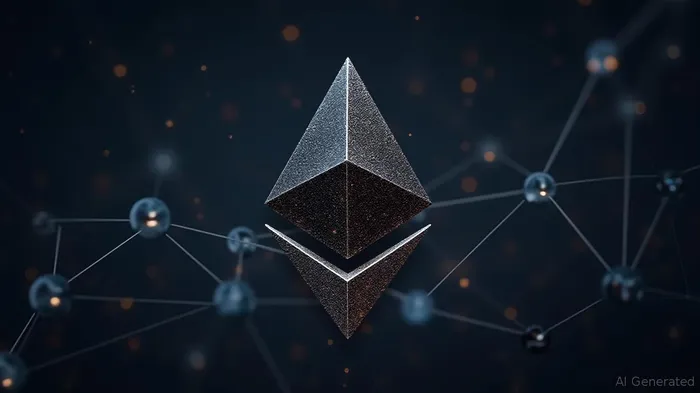Ethereum Validator Queue Surges 420,000 ETH Post Pectra Upgrade
Everstake, a prominent global non-custodial staking provider, recently hosted a special event featuring Jason Chaskin, Ecosystem Intelligence Lead at the EthereumETH-- Foundation, and Eric Siu, a former contributor to ecosystem and special projects at both the Ethereum Foundation and Etherealize. The discussion focused on the post-Pectra world and explored whether Ethereum's protocol is prepared to support enterprise-grade participation at scale.
The conversation delved into the evolving role of institutional staking and how Ethereum’s infrastructure is adapting to meet enterprise needs. Since the Pectra upgrade, Ethereum’s validator entry queue has grown significantly, now topping 420,000 ETH with more than a week’s wait. This growth indicates a rising interest from institutions in participating in the Ethereum network. Additionally, infrastructure moves from players like Stripe, which recently acquired the wallet provider Privy, suggest that institutions are actively building infrastructure to support on-chain activity.
Eric Siu highlighted that while Pectra wasn’t exclusively designed for institutions, upgrades like EIP-7251 do simplify operations for those managing significant capital. He noted that broader concerns, such as MEV management or regulatory compliance, are solvable off-protocol. The infrastructure is in place, and institutions are clearly interested, but they cannot afford mistakes. Jason Chaskin, an official representative of the Ethereum Foundation, added that Ethereum has organically evolved in a direction that aligns with enterprise standards, even if the terminology differs. He explained that what Ethereum calls decentralization, institutions might interpret as the absence of counterparty risk, and what Ethereum describes as modularity or L2 scaling, institutions see as enterprise architecture. Chaskin emphasized that Ethereum doesn’t need to compromise its principles to meet institutional demand; it’s already aligned.
Both speakers concluded that Ethereum is not only technically ready but also economically and culturally aligned with institutional priorities, provided it continues to evolve without compromising decentralization. The full discussion on institutional staking is available on Everstake's blog.
The Ethereum Foundation is a non-profit organization dedicated to the development, improvement, and promotion of Ethereum and related technologies. Established in 2014 with the vision of fostering a decentralized and open-source ecosystem, the Ethereum Foundation plays an important role in supporting the growth of Ethereum and empowering the broader blockchain community.
Everstake is a leading global non-custodial staking provider serving institutional and retail clients and enabling secure access to over 85 Proof-of-Stake networks. Founded in 2018 by blockchain engineers, the company supports more than 735,000 delegators, $6.5 billion in staked assets, and 40,000+ active validators — delivering institutional-grade infrastructure with 99.9% uptime and zero material slashing events since inception. Trusted by asset managers, custodians, wallets, exchanges, and protocols, Everstake offers API-first, compliant infrastructure backed by SOC 2 Type 2 and ISO 27001:2022 certifications, GDPR compliance, and regular smart contract audits. Its globally distributed team of 100+ professionals is committed to making staking accessible to everyone while strengthening the foundations of decentralized finance.
Everstake is a software platform that provides infrastructure tools and resources for users but does not offer investment advice or investment opportunities, manage funds, facilitate collective investment schemes, provide financial services, or take custody of or otherwise hold or manage customer assets. Everstake does not conduct independent diligence or substantive review of any blockchain asset, digital currency, cryptocurrency, or associated funds. Everstake’s provision of technology services allowing users to stake digital assets is not an endorsement or a recommendation of any digital asset. Users are fully and solely responsible for evaluating whether to stake digital assets.

Quickly understand the history and background of various well-known coins
Latest Articles
Stay ahead of the market.
Get curated U.S. market news, insights and key dates delivered to your inbox.



Comments
No comments yet